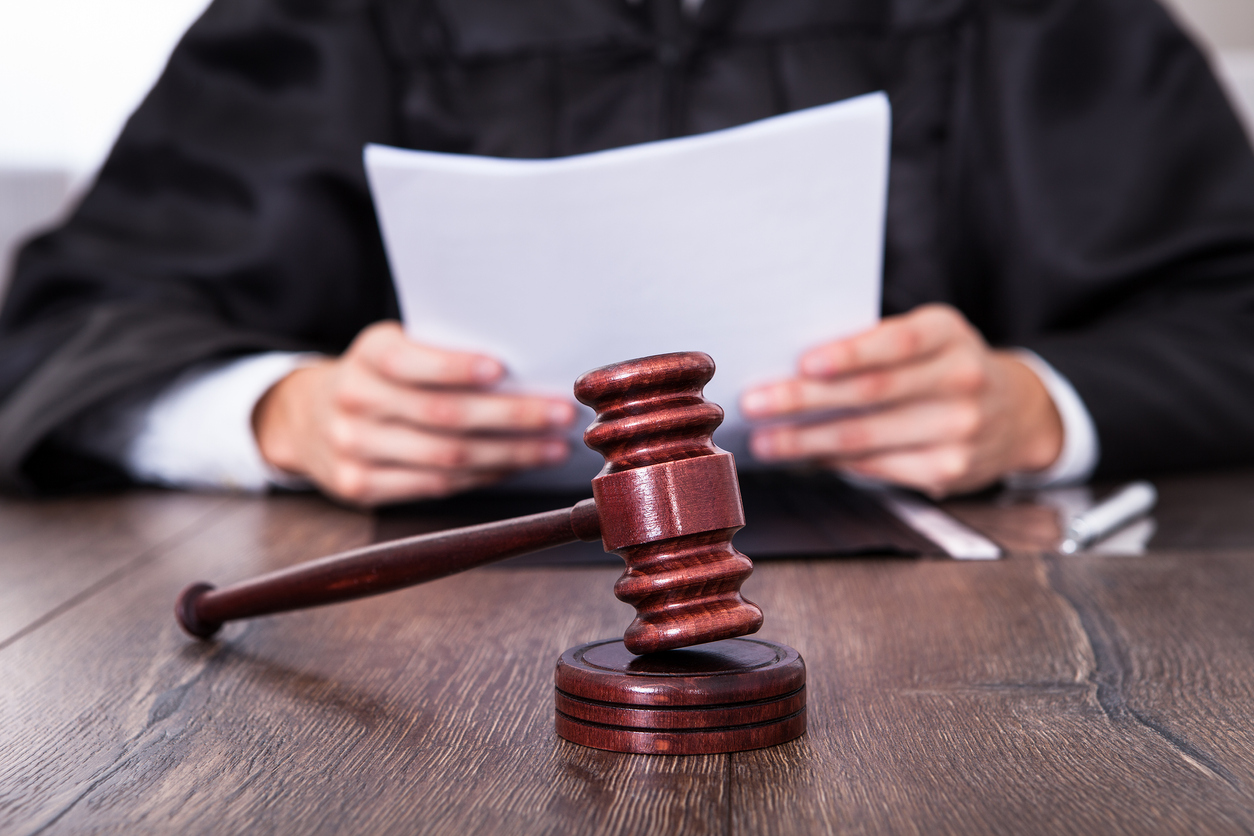
SC status to religious converts: Centre forms panel to examine issue

The Centre has appointed a commission headed by former Chief Justice of India KG Balakrishnan to examine the matter of giving Scheduled Caste status to new people who claim to “historically” have belonged to the SCs, but have converted to a religion other than those mentioned in the Presidential orders.
The Constitution (Scheduled Castes) Order, 1950 (amended from time to time) says that no person professing a religion other than Hinduism or Sikhism, or Buddhism can be deemed to be a member of a Scheduled Caste.
However, Muslim, and Christian groups have often demanded similar status for Dalits who have converted to their religions. The BJP has been opposed to their demand.
Also read: Has religious conversion helped Dalits escape caste scourge?
The three-member team also includes retired IAS officer Dr Ravinder Kumar Jain and member UGC Professor Sushma Yadav, according to a gazette notification issued by the Social Justice and Empowerment ministry on Thursday (October 6).
The panel will examine the matter of giving Scheduled Caste status to new persons, who claim to historically have belonged to the Scheduled Castes, but have converted to religion other than those mentioned in the Presidential Orders issued from time to time under article 341 of the Constitution.
The panel will also examine the implications of the decision – if it comes to be – on the existing Scheduled Castes, besides taking into account the changes in customs, traditions, and their status of social discrimination and deprivation, after these people converted to other religions.
Also read: SC notice to Centre on plea seeking action against forced religious conversion
The commission will also examine any other related questions that the Commission deems appropriate in consultation with the Centre and with its consent.
Balakrishnan is the Supreme Court’s first Dalit Chief Justice. He was also the chairperson of the National Human Rights Commission of India.
In the notification, the ministry said the issue is a “seminal and historically complex sociological and constitutional question”, and a definite matter of public importance.
Also read: Row erupts over AAP ministers presence at religious conversion event
“And whereas, given its importance, sensitivity and potential impact, any change in definition in this regard should be on the basis of a detailed and definitive study and extensive consultation with all stakeholders and no Commission under the Commissions of Inquiry Act, 1952 (60 of 1952) has so far inquired into the matter,” the notification said.
According to the notification, the headquarters of the commission will be in New Delhi and it will submit its report within two years from the date of taking over of the charge by the Chairperson.
(With agency inputs)


